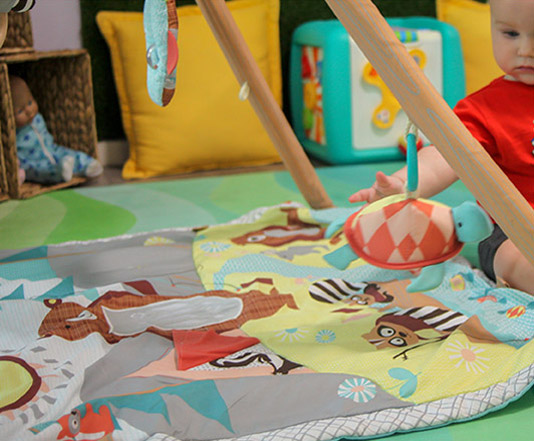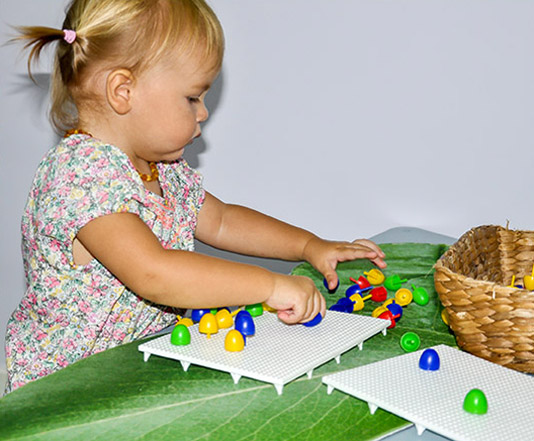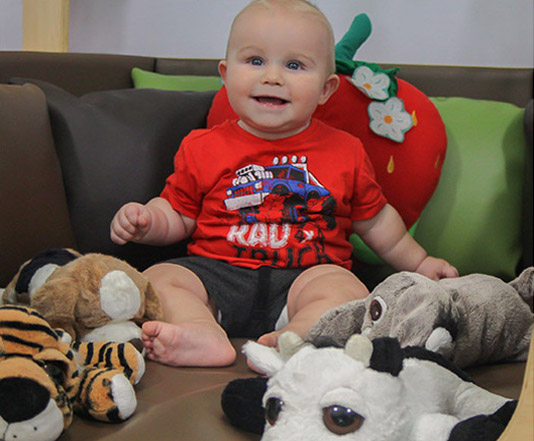Contact us to book a tour |
 |
 |
 |
EARLY YEARS LEARNING FRAMEWORKAt Bush Babies Nurseries, we are dedicated to providing quality learning experiences for your child which centre around play-based learning and child-led activities. Our educators observe each child and extend on their interests and emerging capabilities, creating a program which will support each individual child. The program includes teacher-initiated activities and opportunities for intentional teaching, so that children are provided with the best possible learning journey whilst they are in our care. The program follows the guidelines set out in Belonging, Being and Becoming: The Early Years Learning Framework, with the aim of extending and enriching children’s learning from birth to five years and through the transition to school. Educators complete Learning Stories and Observations for each child, with Strength Trees and Summative Assessments to document your child’s learning journey as they develop and grow with us through the centre. Each of these Learning Stories or Observations are linked to an element of the Early Years Learning Framework so you can clearly see how your child is developing and in which areas. The key outcomes for the Early Years Learning Framework are as follows:
Educators ensure that children are achieving these learning outcomes by implementing the following practices:
The five Principles of Early Childhood Education and Care guide us as Educators in our approach towards children. If we follow these principles in our practice, then we will guide children to make progress towards the five learning outcomes. The five principles are:
|
